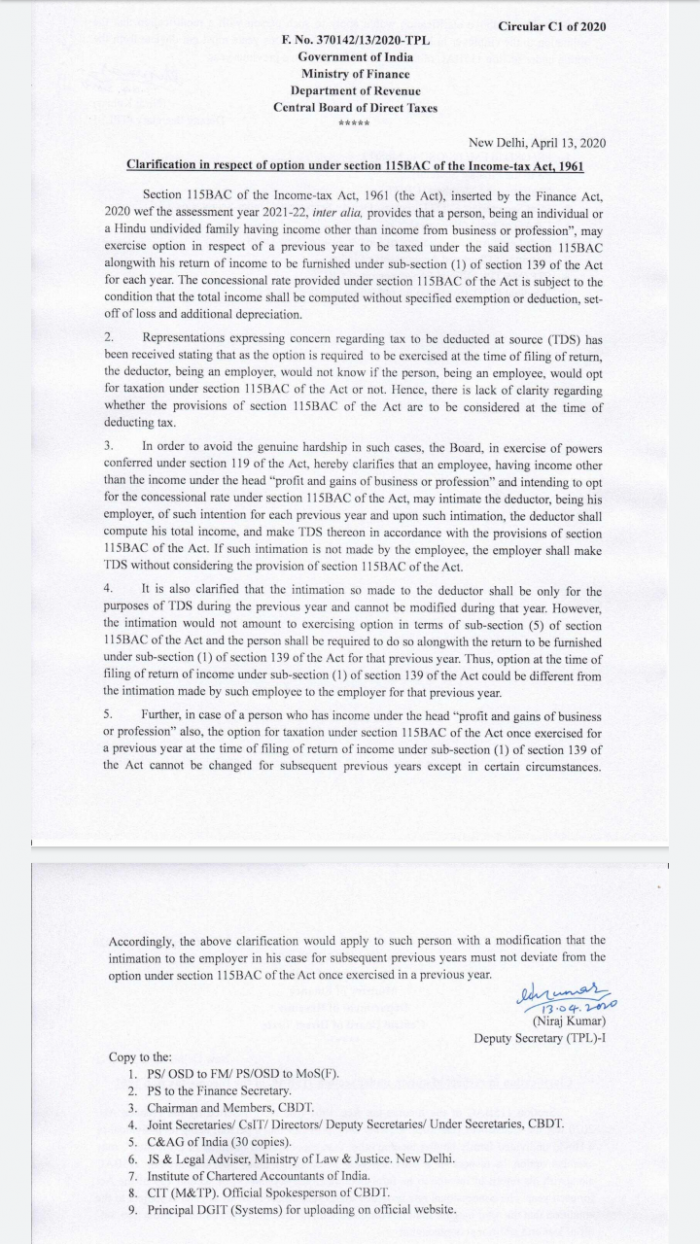[Download the checklist at the end of this article]
Are you looking for a payroll (managed) partner in India? It can be overwhelming as to what aspects to be mindful of in the process.
Here is a set of questions that you can consider to ask the vendors you have shortlisted. Not all of these questions may be applicable to all organisations and not all questions are on this document either.
Below are some abstract set of questions and a detailed set of questions are provided at the end of this article for you to download.

Input and Output
Starting with how the input-output communications occur, their cadence, mode of communication, how results are presented, availability of various reports, pay structuring and support for pay components, monthly or year-end TDS process, etc. can be points of discussion. How about new joiners and leavers?
Admin
Whether the partner allows admin access to the payroll platform to select employees of the client organisation, what kind of reports can be generated by the admin, etc. can be thought of before taking a decision.
ESS
Will employees get access to an Employee Self-Service portal where they can see their pay details, and tax calculations, declare investments, download payslips, submit reimbursements and year-end proofs, etc.? Well, this is important for employee experience and should be considered as a serious point of discussion. Questions like whether there is a mobile app for the ESS is also good question to ask.
Payslips
How customisable are the payslip structure and formats? Can the client organisation’s branding guidelines be followed? What information (such as PF#, UAN, LWF#, PAN, Bank Account#, etc.) can be shown on the payslip?
Integration
Can the payroll partner integrate their tool into the client organisation’s HRIS? How about various documents such as Payslips, Form 16, etc.? Will they appear on the HRIS as well? How about compensation analytics and tax projections?
Compliances
Can the payroll partner take care of EPF/ESI/PT/LWF payments, returns, etc.? How about the other labour law returns/forms to be kept/registrations to be taken? Or, will the client organisation have to engage another service provider for these services?
The list is not close to complete, but here’s a set of questions you can start with.





